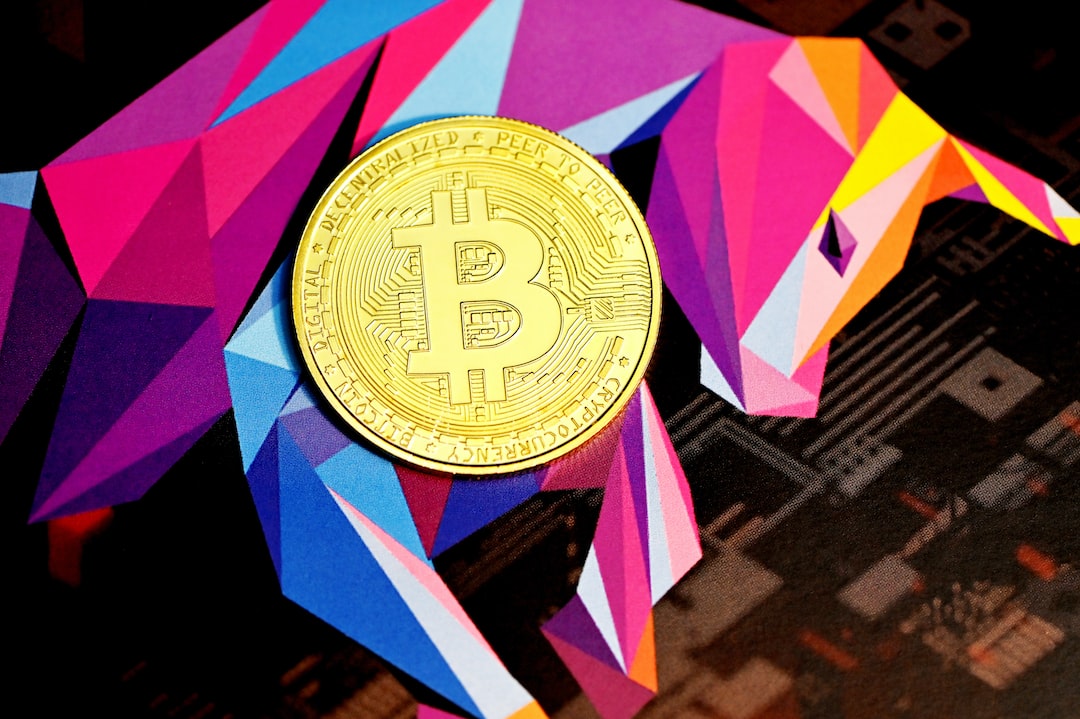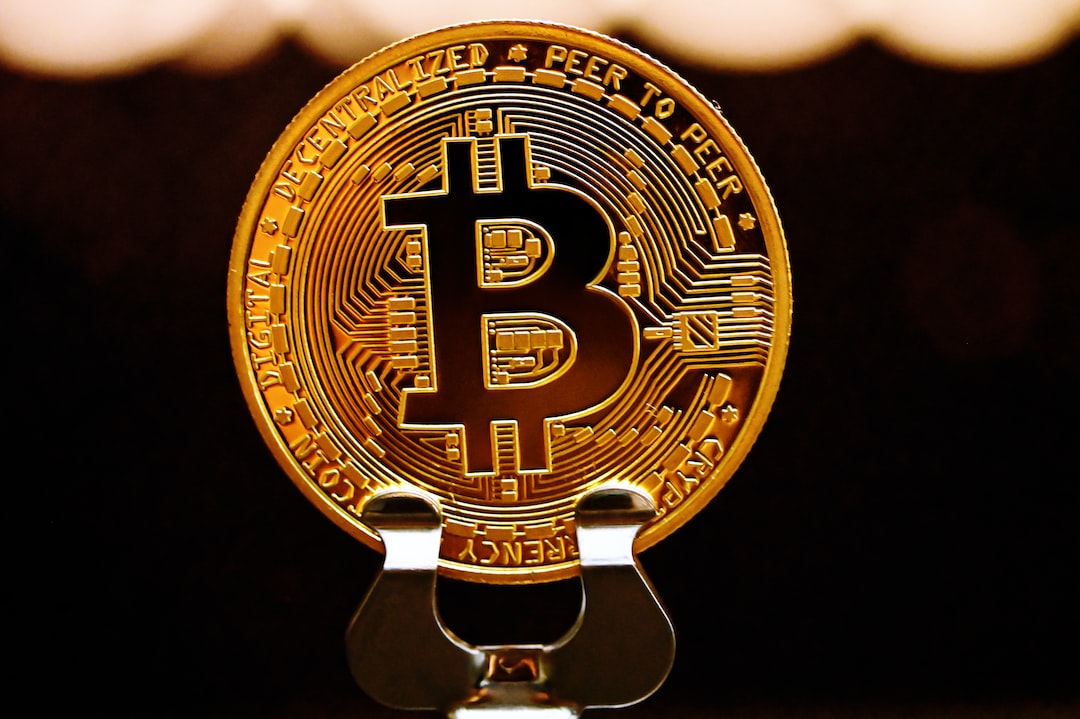Ethereum’s Role in the Internet of Things (IoT): Bridging Blockchain and Connectivity
Are you fascinated by the potential of emerging technologies like blockchain and the Internet of Things (IoT)? Have you ever wondered how these technologies can work together to create a more connected and secure world? Look no further than Ethereum, a blockchain platform that is revolutionizing the way we think about the Internet of Things.
When it comes to the Internet of Things, the ability to securely and efficiently transmit vast amounts of data is crucial. This is where Ethereum steps in, serving as a bridge between the world of IoT devices and the blockchain.
So, how does Ethereum enable this seamless integration? Let’s dive in and explore the role Ethereum plays in the Internet of Things ecosystem.
Ethereum Smart Contracts: The Key to IoT Integration
At the core of Ethereum’s capabilities lies the concept of smart contracts. These are self-executing contracts with predefined conditions that automatically trigger actions when those conditions are met. By leveraging smart contracts, Ethereum facilitates trust and enables automatic execution without the need for a central authority.
In the context of the Internet of Things, smart contracts provide a secure and decentralized way to establish agreements and coordinate interactions between IoT devices. These devices can be anything from smart appliances in your home to sensors on factory equipment.
With Ethereum powering the underlying blockchain infrastructure, smart contracts can now be enforced across a wide network of connected IoT devices. This means that you can have your smart home devices, for example, communicate and interact without the need for intermediaries or centralized control.
Secure Data Exchange and Identity Management
One of the significant challenges in the IoT space is the secure exchange of data between devices. Traditional methods for data transfer often introduce vulnerabilities that can be exploited by malicious actors.
Ethereum solves this problem by providing a decentralized platform where data can be securely exchanged and verified. With its robust encryption and cryptography algorithms, Ethereum ensures that data sent between IoT devices remains confidential and tamper-proof.
In addition to secure data exchange, Ethereum also offers a solution to the problem of identity management in the IoT space. Using Ethereum’s decentralized identity protocols, IoT devices can establish their unique digital identities, making it easier to authenticate and authorize their interactions with other devices on the network.
Efficient Micropayments and Resource Allocation
With the integration of Ethereum into the Internet of Things, a new world of possibilities emerges, including efficient micropayments and resource allocation.
Imagine a scenario where your smart devices are not only communicating with each other but also transacting autonomously. For example, your smart meter could automatically pay for the electricity it consumes or allocate resources based on real-time demand.
Ethereum’s native cryptocurrency, Ether, comes into play here. By utilizing Ether as a medium of exchange, IoT devices can execute microtransactions swiftly and securely, without the need for traditional payment methods. This allows for greater automation, lower transaction costs, and increased efficiency in the IoT ecosystem.
Closing FAQ: Exploring Ethereum’s Role in the Internet of Things
Q: Can Ethereum be used with any IoT device?
A: Yes, Ethereum can be integrated with any IoT device that has the capability to connect to the internet and execute smart contracts. It is a versatile platform that can adapt to various IoT use cases.
Q: Is Ethereum the only blockchain platform for IoT integration?
A: While Ethereum is one of the leading blockchain platforms for IoT integration, there are other options available. Other platforms like IOTA and Hyperledger are also exploring the potential of blockchain in the IoT space.
Q: How secure is Ethereum for IoT applications?
A: Ethereum offers robust security features, including encryption and cryptography, making it a suitable choice for secure IoT applications. However, as with any emerging technology, it is important to stay vigilant and follow best practices for security.
Q: Can Ethereum help prevent data breaches in the IoT space?
A: While Ethereum provides a secure framework for data exchange, it cannot guarantee complete prevention of data breaches. Implementing additional security measures, such as strong authentication protocols and regular security audits, is essential to minimize the risk of data breaches.
Q: What’s next for Ethereum and IoT?
A: As both Ethereum and the Internet of Things continue to evolve, we can expect further advancements and innovations in their integration. From improving scalability to exploring new use cases, Ethereum’s role in the IoT ecosystem is only set to expand.
In conclusion, Ethereum plays a vital role in bridging the worlds of blockchain and connectivity in the Internet of Things. By leveraging smart contracts, enabling secure data exchange, and facilitating efficient micropayments, Ethereum empowers IoT devices to interact autonomously, securely, and seamlessly. With Ethereum’s integration, the potential for a truly connected and decentralized IoT future becomes a tangible reality.





 By
By
 By
By
 By
By
 By
By
